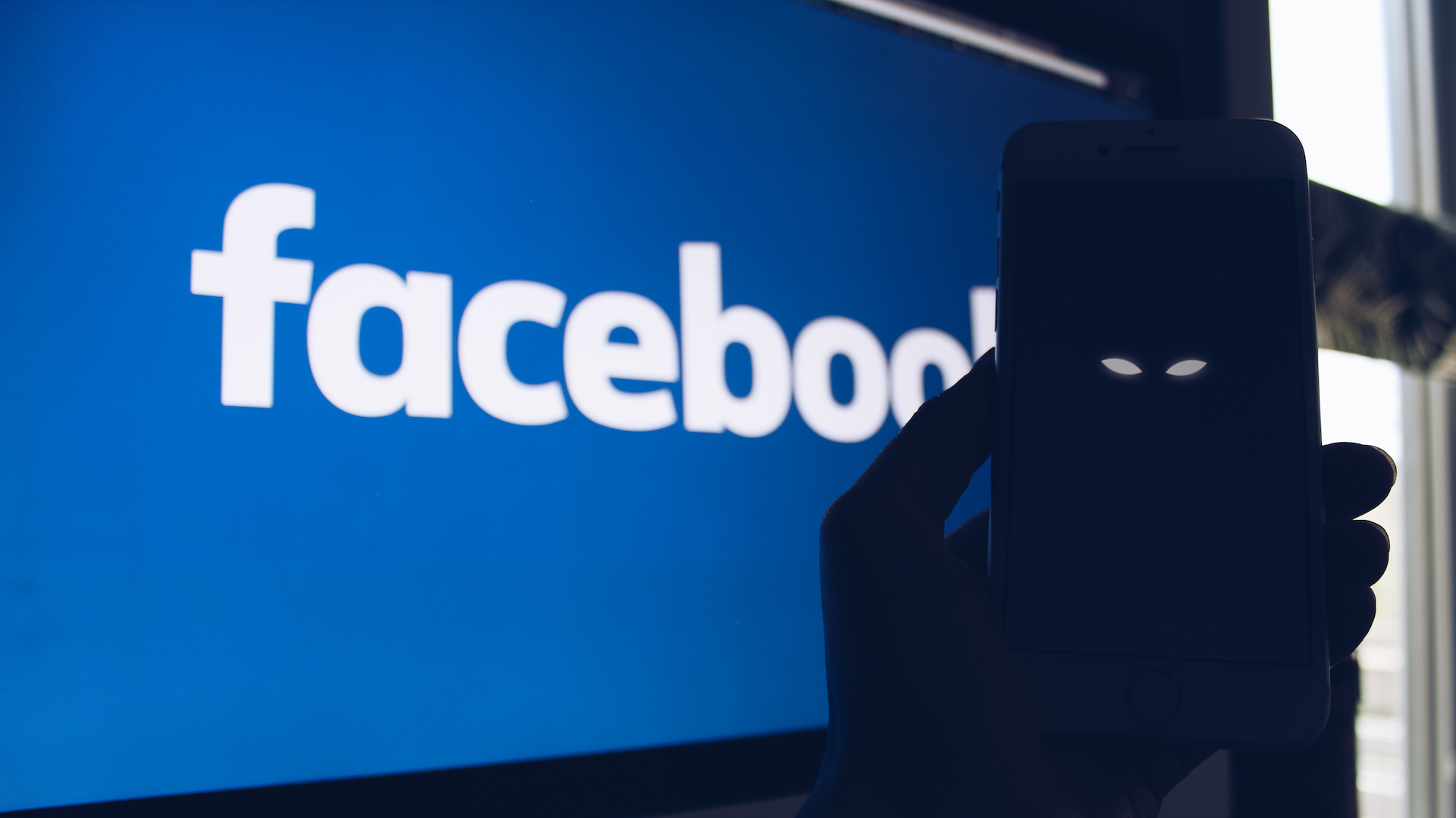Let’s be honest, we all like a makeover. Whether it’s a new year’s resolution, a full-body spray tan, or just a new suit, some form of rebrand is a chance to emerge from the ashes of our past selves, to present to the world with new resolve and ambitions, to cast off the chrysalis of youthful naïveté and be the badass butterfly we were always meant to be. And so Facebook is now called Meta.
The last six years have not been kind to Mark Zuckerberg’s hopes and dreams. The man might be a muli-billionaire but his stable of tech platforms, including Facebook, Instagram and WhatsApp, have stood accused of facilitating everything from cyber-bullying and eating disorders to state-run interference in democratic processes, the sale of drugs and weapons, countless online scams, police surveillance, data harvesting, hate speech, riots, and genocide.
It’s little wonder, then, that the latest iteration of Facebook is a step into fantasyland. The “Meta-verse” of virtual and augmented reality will be a space where users can don a headset and drift out into dreamspace, oblivious to the slow-burn horrors of the real world.
That’s not the marketing pitch of course — Zuck called it “the next evolution in social connection” — but the cynicism of the online world is not to be underestimated.
Let’s start with the logo. This being the internet, many users were quick to add certain body parts to the graphic in a way which — for matters of taste — is best left to the imagination.
Variations on the name “Meta” are more family-friendly. New York Congresswoman Alexandria Ocasio-Cortez made a pun-tastic political point, tweeting “Meta as in ‘we are a cancer to democracy metastasizing into a global surveillance and propaganda machine for boosting authoritarian regimes and destroying civil society… for profit!'”









